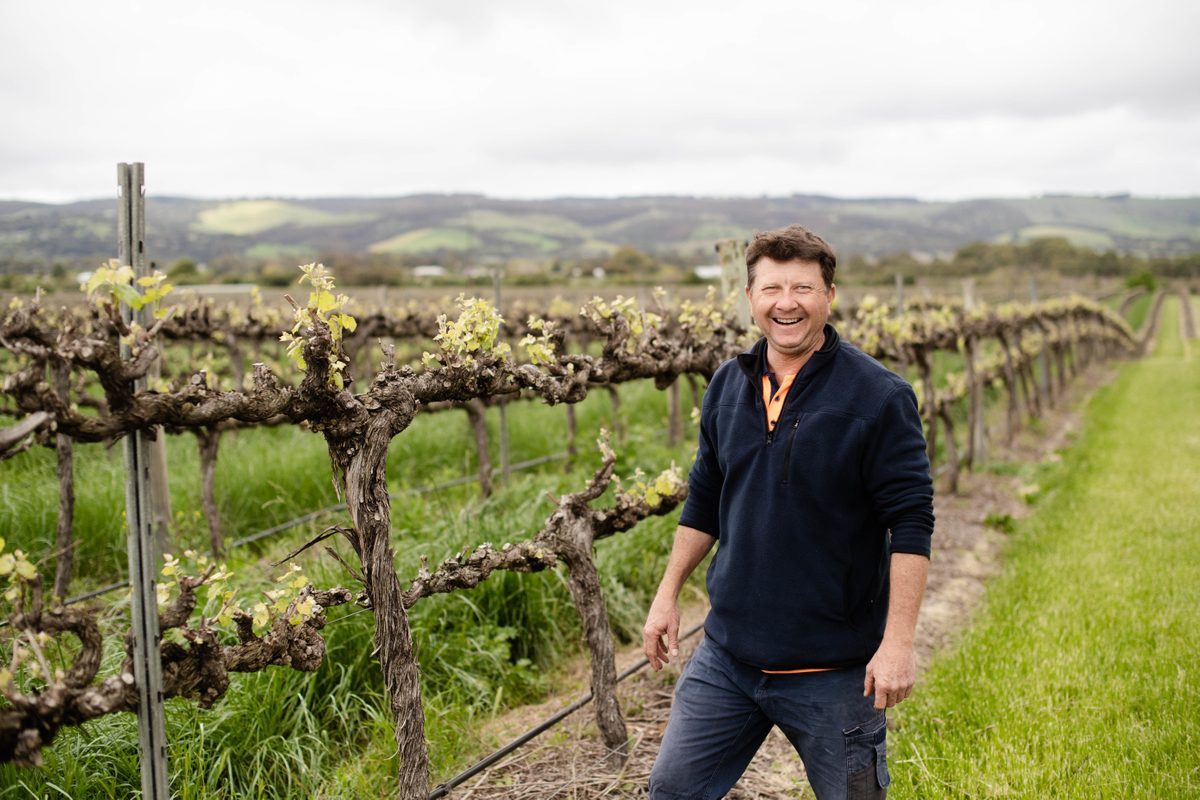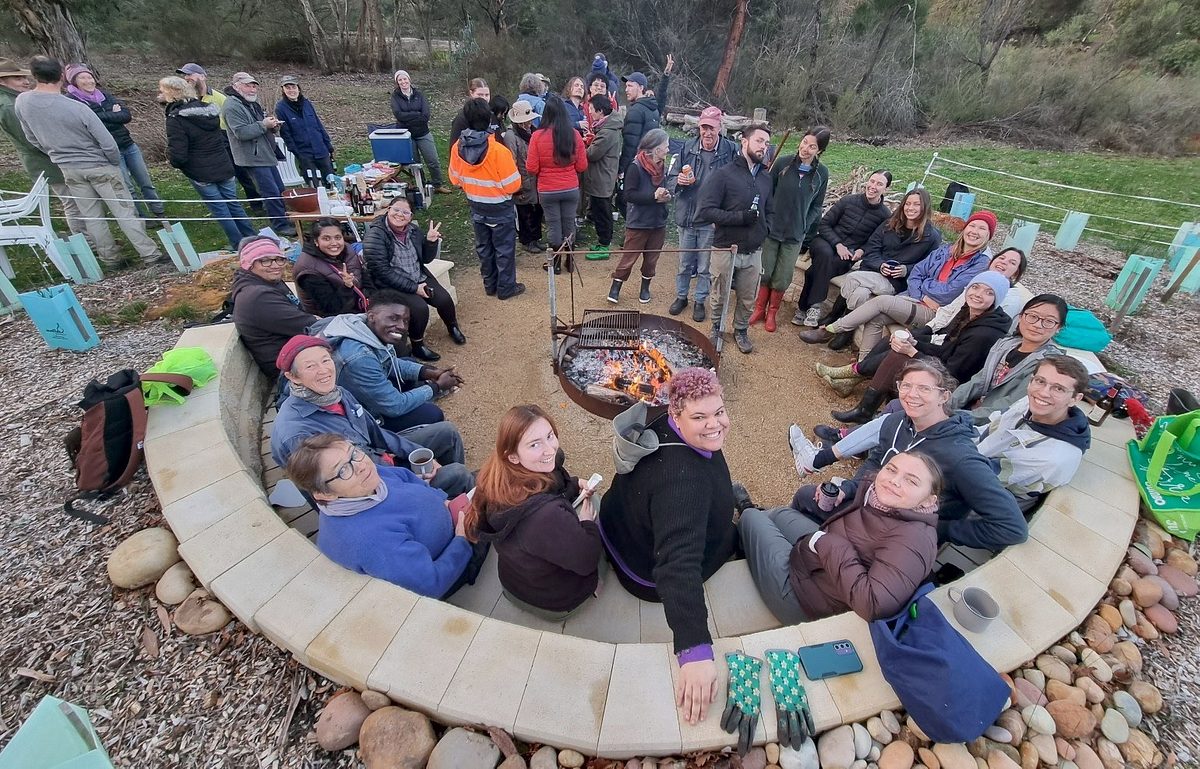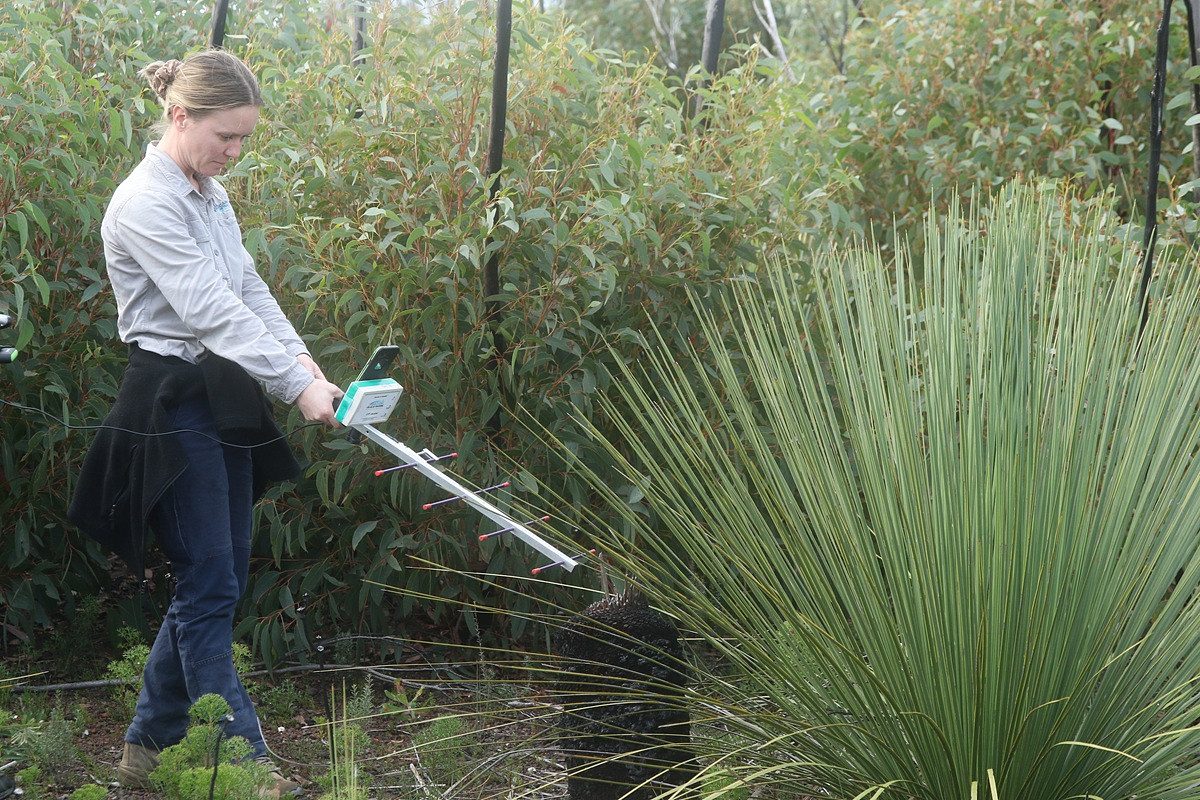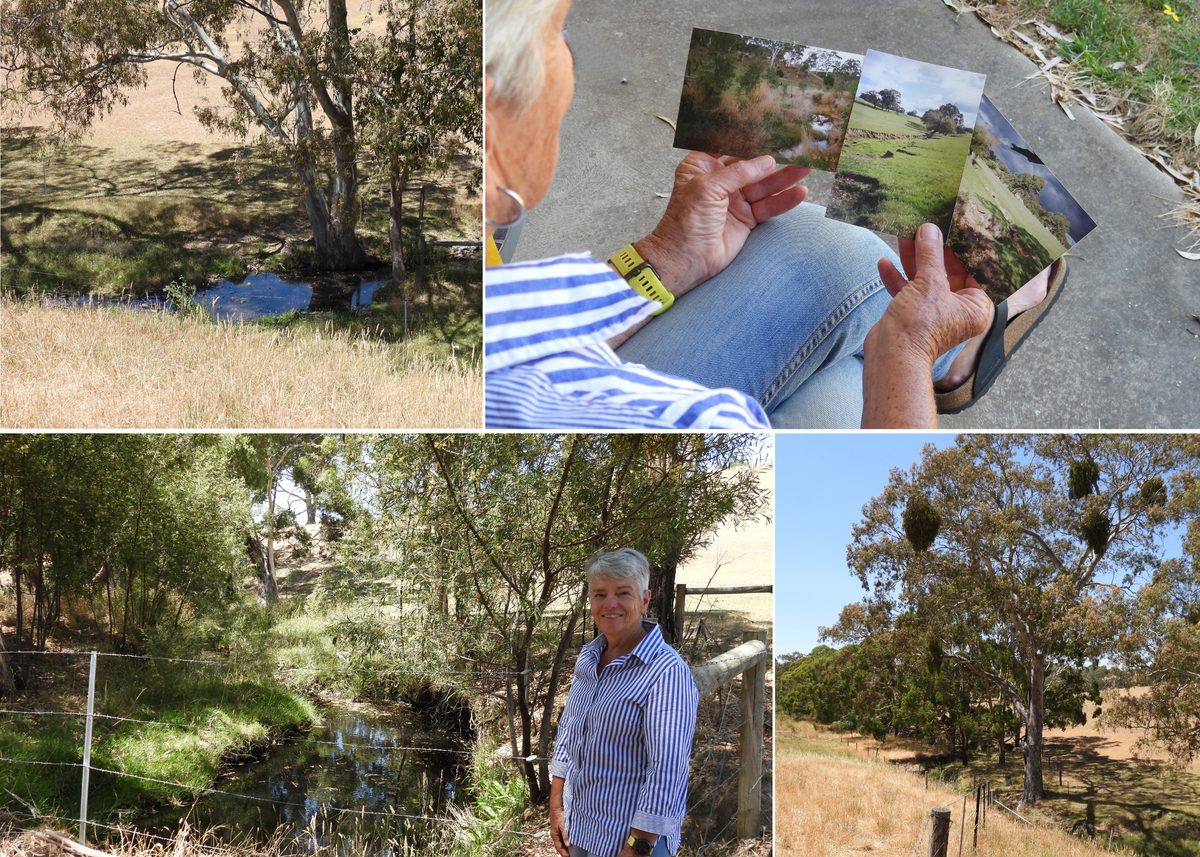Grassroots grant gives local wine grower a beneficial bug boost
Shingleback Wine in McLaren Vale is one of thirty-seven recipients of the 2021-22 Hills and Fleurieu Landscape Board’s Grassroots Grants program.
The $220,000 grant-pool supports local projects to achieve important sustainable agriculture and environmental benefits. Grants are given to individual landholders, volunteers, schools, community organisations, First Nations and not-for-profit groups. In the 2021-22 grant round, a diverse set of projects were supported across the Hills and Fleurieu region.
Shingleback Wine’s grant will boost an important insect biodiversity demonstrator project and ensure community involvement through Biodiversity McLaren Vale. Their successful application will continue ground breaking work started two years ago as part of the Wildlife for Wine project. Biodiversity McLaren Vale is a joint initiative of local community, industry and government, who remove weeds from creek lines within the McLaren Vale region and replace them with native plant species.
In 2019 Shingleback received support through Biodiversity McLaren Vale, Rotary SA, and the Hills and Fleurieu Landscape Board to test how selected native plants can increase beneficial insects that control vineyard pests. They planted over four hectares adjacent to vines with a mix of native, insect-attracting plants. That land is now one of the region’s largest beneficial insect plantings, and a flourishing demonstration site reaping economic, biodiversity and community benefits.
The recently awarded Grassroots Grant will help Shingleback and Biodiversity McLaren Vale increase volunteer access and boost species diversity at the site by expanding beneficial insect habitat. As one of the few sites of its kind, the grant will support community involvement in the project and help volunteers gain valuable knowledge and experience of using native plants to increase insect biodiversity and the benefits they bring.
Vineyard manager Paul Mathews has seen the impact of the plantings in just a couple of years.
“When it comes to managing our vineyard, it’s just terrific to see the amount of beneficial insects out there when you start looking. The new biodiversity plantings are already hosting numerous good bugs and we are now seeing them flow into the vineyard. Looking amongst the vines, we regularly see lacewing, spiders, predatory mites and the odd lady beetle larvae, which is just fantastic!”
Hills and Fleurieu Landscape Board Sustainable Agricultural Officer, Jeff Edwards, recently caught up with Paul and the team from Biodiversity McLaren Vale to look at how the 2019 planting was going.
“It’s terrific to see how well the plantings have come along. This type of planting is about using nature’s army of beneficial life forms, rather than fighting against them. Insects, invertebrates, insectivorous birds and microbats are all surprising little helpers in the production of healthy grapes. Most beneficial insects, those that prey on pests, have adapted alongside native plants, so it stands to reason that native plants in and around the vineyard will attract those insects,” he said.
Paul agrees that replanting habitat and creating the right conditions for beneficial insects goes a long way towards keeping the pest insect population down and reducing the need for chemical intervention.
“When we avoid unnecessary spraying and allow nature to do the work, we know things are in balance, and that’s how we like it. The goal for us is understanding the economic threshold and preventing a pest population from reaching the point where it’s resulting in monetary losses. In recent years, we have also intentionally reduced sulphur use to favour our beneficial insect populations and released a predatory ladybird beetle (Cryptolaemus) to tackle scale,” he said.
More information about the Grassroots Grants program and the full list of recipients can be found here.




